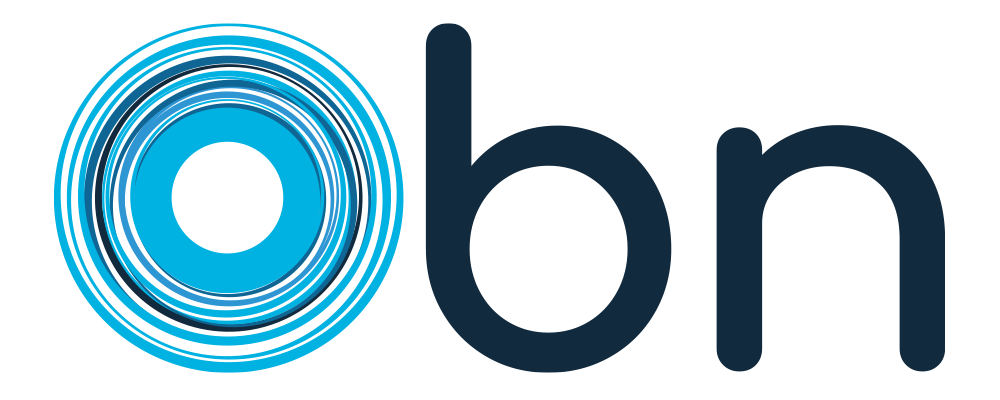
Blockchain was originally just a computer term for how we structure and share data. Now, blockchain technology creates an opportunity for all of us to reduce complexity, ensure reliable collaboration and create secure information.
Blockchain is based on every participant in a network interacting without a trust relationship before. The absence of a certain authority in this system makes it easy to know and process all information by everyone. Of course, the exchange of information takes places after it’s is approved by the network in order to protect the reliability of the data.
So, where can we use this valuable data?
Especially with the Coronavirus pandemic we have experienced in recent months, how we can use blockchain technology in the health sector has become one of the most important questions in minds. Although this technology provides many opportunities for the health sector, we face difficulties in this developing process. Technical, organizational and behavioral economic difficulties in this process should be resolved before applying blockchain technology. While shaping the technology of the future, what we don’t need to forget is that this technology is to reduce complexity, creating a reliable union and protecting the personal information of the patient while providing us with secure information will be our biggest responsibility.
In this process, the support from the government and the citizens is too much to be ignored. With the blockchain technology we expect, medical record management and insurance claims process to improve, clinical and biomedical research to accelerate and the data about these issues to be developed. These expectations are based on the principles of decentralized management, constant audit trail, data provenance and confidentiality.
Although it is controversial, the biggest innovation we will achieve at the end of the day is considered as the regain of the rights of data owners. Therefore, by returning to the same questions again and again, we are looking for an answer whether medical data should be found, operated, or allowed to be used by data owners outside the hospital. However, current laws and governments put the privacy of this information at the top, and this cause difficulties in advancing this technology.
With the blockchain technology, the patients’ self-determination of their access rules and the fact that they open certain information to the researchers for a short time will only open the doors of progress for medicine. In addition, blockchain technology will largely be involved in the protection of the rights of data holders, as defined by the EU General Data Protection Regulation. Additionally, due to the precision of medical data, we believe that their label information will be stored in databases, not only medical data. Finally, what I want to remind you is that blockchain technology is not finished, it develops day by day.
In this development process, opportunities will grow with the adaptation of the difficulties into the system. As long as the principles of transparency and confidentiality are adopted, blockchain will make a rapid progress in the health sector and affect many areas, especially the treatment processes.
Retrieved from here.



